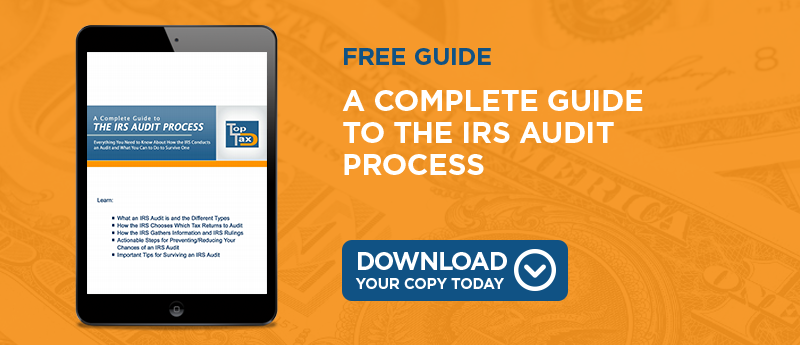
Once you've completed your income tax return and filed it with the IRS, you might think that you're done with your taxes for the year. While you're finished reporting your tax information, you're not finished with those documents you used to prepare your forms. In fact, you may need to hold onto that paperwork for several years. However, keeping all of those tax documents organized in your home doesn't have to be a hassle. Here's how to organize and store tax documents.
What Tax Documents Should You Keep?
First, it's important to know which tax documentation you'll actually have to keep in your file. As a general rule, you should keep all of the paperwork that supports the information on your return. This would include wage and tax statements, 1099 statements, and statements that support certain deductions such as your mortgage interest statement or your receipt for a contribution to a qualified charity.
You should also keep a copy of your current year's tax return - both federal and state, as well as any supporting forms or schedules that you were required to send to the IRS. If you operate your own business, you should keep all of the documents that show how much income you received, how much you paid in expenses, and the schedules that you used to calculate your self-employment tax or estimated taxes for the year.
How to Organize Your Tax Documents?
So, how can you possibly keep up with all of this paperwork? If you have a filing cabinet, you can designate one part of it for your tax documents and then include a folder for each tax year. Simply place the pertinent information for each year in the matching folder and you're done. If you don't have a filing cabinet, a letter-sized envelope for each tax year will work just fine. Then you can just store all of those folders in a cardboard box in your closet.
To reduce the amount of paper in your home, you can scan all of the appropriate paperwork for a tax year into a scanner and upload it to your computer or to a cloud-storage drive. That way, you can shred the remaining papers and keep your records for any future printing needs.
How Long Should You Keep Your Paperwork?
Once you've gotten all of your tax documents in one place, how long do you need to keep them? Generally, it's best to keep your forms until the possibility of a tax audit has passed. The IRS has six years after the date you submit a tax return to pursue an audit, so it's usually best to hold onto your records for six years after you file your return.
Keeping up with your tax records can be a pretty simple process once you learn how to organize and store tax documents. If you apply these pointers, you won't have any trouble tracking down a document when necessary.




